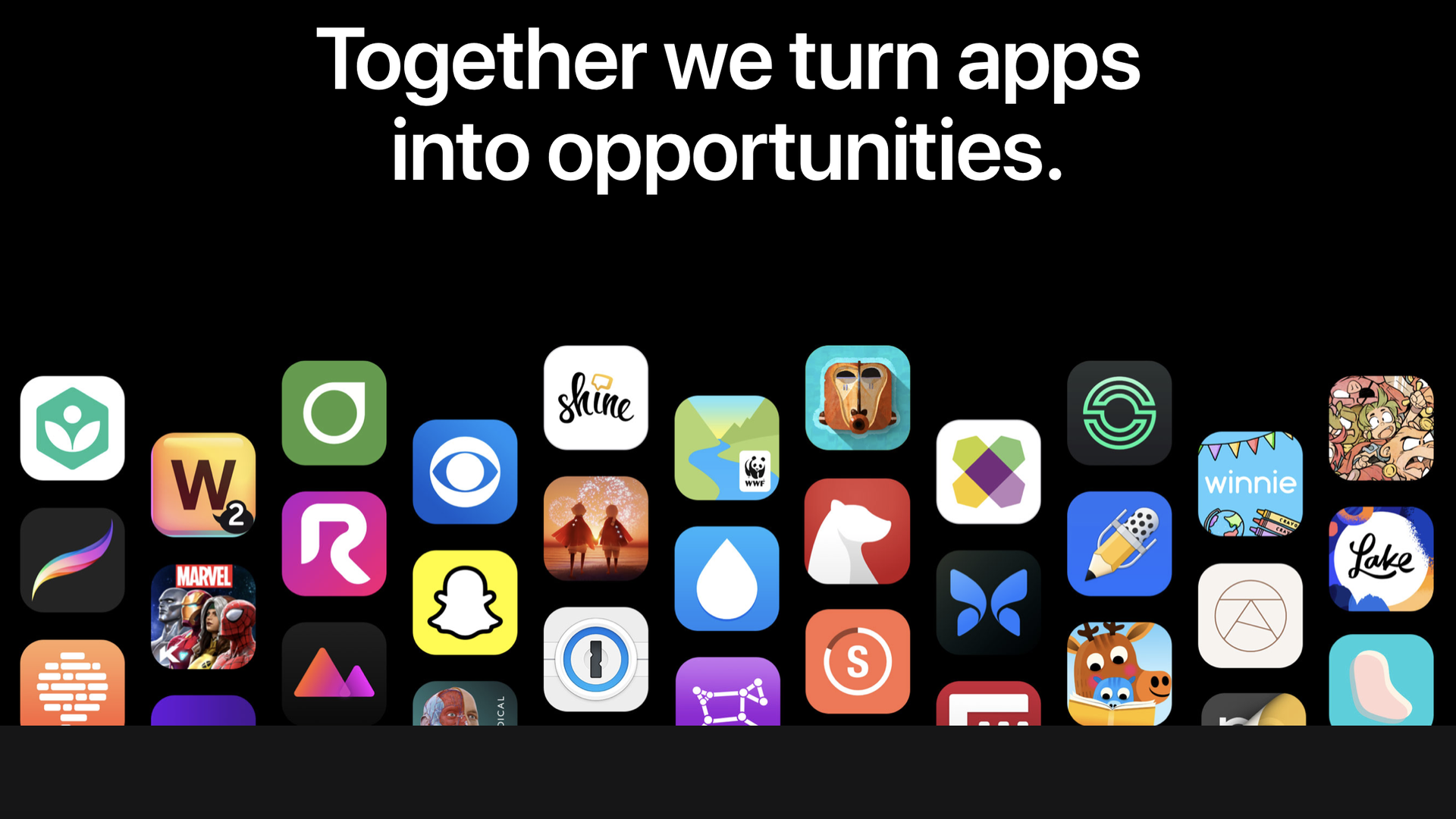| Democrats and Republicans both want to rein in perceived abuses by Silicon Valley, but a Tuesday Senate hearing to grill Facebook CEO Mark Zuckerberg and Twitter CEO Jack Dorsey showed the two parties operating in mirror universes, Axios' Kyle Daly and Ashley Gold report. Why it matters: The distance between the parties' diagnoses of the tech industry's trespasses makes it harder than ever to imagine how they might find common ground to pass the meaningful new tech legislation they both say they want. Driving the news: Republicans had originally convened the Senate Judiciary Committee's four-hour-plus hearing over the platforms' handling of the New York Post's Hunter Biden story. But the session ended up focusing on broader concerns over how tech firms treat political speech. Republicans said repeatedly that tech companies were staffed by liberal employees who enforce policies that are biased against conservatives. They also said the platforms effectively act as publishers — and should take on publisher-style legal responsibilities — when they weigh content against their terms of service and take actions such as removing it or fact-checking it. - GOP lawmakers repeatedly asked Dorsey and Zuckerberg for lists of employees who made certain content moderation decisions at the company. Sens. Ted Cruz and Mike Lee berated Dorsey and Zuckerberg for alleged censorship.
- Sen. Josh Hawley dramatically unveiled the existence of an internal Facebook tool named Centra that he said is used to track users across the platform without their permission. A Facebook spokesman said the tool is used for investigating security concerns like "coordinated inauthentic behavior" or fraud.
- The catch: Sen. Ben Sasse cautioned members of his own party against agitating for tougher tech regulation when an incoming Democratic administration would be implementing and enforcing it.
Democrats said they appreciated the more-aggressive-than-usual approaches Facebook and Twitter took regarding election-related misinformation but worried the platforms didn't go far enough. - Sen. Dianne Feinstein asked Dorsey whether the labels Twitter added to Trump's false victory claims went far enough. Dorsey defended them, saying Twitter seeks not to silence public figures who make questionable claims but to give users more context for evaluating the statements.
- Sen. Richard Blumenthal asked Dorsey and Zuckerberg to commit to strong action to keep misinformation from disrupting the Georgia Senate runoff races. Zuckerberg said Facebook will draw lessons from the 2020 general election and make its systems "even more robust."
Of note: The hearing saw some half-hearted feints at finding common ground. Judiciary Chair Lindsey Graham, for instance, repeatedly sought to press the executives on whether their products are deliberately addictive, an issue that has animated both Democrats and Republicans. Yes, but: It was telling just how little attention such efforts got. Democrats and Republicans can't agree on even a simple description of the problem. Whether you think Big Tech is moderating too much or too little depends your party identification. Our thought bubble: Hawley's reveal of Facebook's Centra tool was a perfect illustration of the alternative worlds Republicans and Democrats are now inhabiting. - To Hawley, a tool that Facebook uses to monitor user activity across its platform was smoking-gun proof of nefarious behavior. To Democrats, it looks like a sign the firm is taking the most basic steps against trolls, bots and disinformation campaigns.
The bottom line: Unless Democrats pull out January victories in Georgia that give them Senate control, this divide is likely to hamstring efforts to pass rules governing online privacy, changes to online platforms' liability protections, or nearly any other major tech legislation. | 






No comments:
Post a Comment